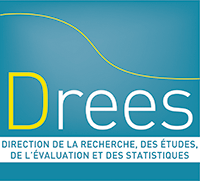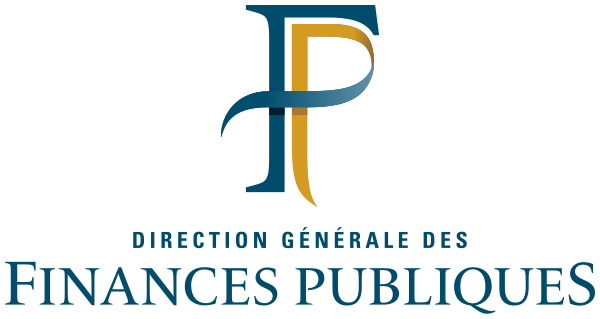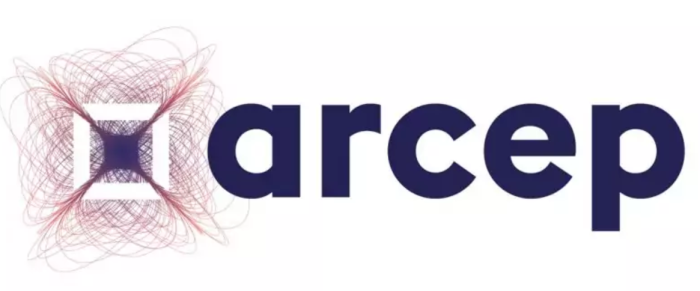
Program Overview
The MSc&T “Data and Economics for Public Policy” is a program designed to allow graduates to harness the power of data science and economic analysis for the framing, formulation and implementation of contemporary public policies.
The program provides students a combination of strong technical skills, problem-solving, and sound skills in social sciences and management.It has a unique positioning in French leading engineering schools that are training high level policy leaders for over two centuries.
The program offers a variety of merit- and need-based scholarships, with nearly 75% of students benefiting from tuition assistance. Additional funding opportunities are available on the Campus France website, such as scholarships from the French Ministry of Foreign Affairs for international students (note: CROUS scholarships are not compatible with this degree). The Housing Office also assists students in applying for the French National Housing Benefit (CAF), which provides €150-200 per month. Additionally, all students receive a free ISIC card (International Student Identity Card), granting discounts on over 150,000 products, services, and experiences.
- Applied Econometrics
- R for Economics
- Data Analysis in Economics: Collection and Visualization
- Microeconometric Evaluation of Public Policies
- Machine Learning for Econometrics
- Applied Statistical
The program is designed for students interested in the application of quantitative methods to public policy. A good quantitative background is recommanded. The MSc&T « Data and Economics for Public Policy » is primarily designed to French and foreign students with (but not limited to) :
- Engineers’ degree (or equivalent) with solid skills in mathematics and a minor in economics
- Foreign students with a bachelor’s degree (or equivalent) with solid skills in mathematics and economics
- French students with excellent results in a licence such as:
- Mathématiques et Informatique Appliquées aux Sciences Humaines et sociales (MIASHS)
- Mathématiques appliquées aux sciences sociales (MASS)
- Econométrie
Decision-making in public affairs is now more informed by data than ever before.
The strength and originality of the MSc&T is to offer a program that is at the nexus of data science, statistics and economics relying on the expertise of the French leading "grande école" engineering schools (Ecole Polytechnique and ENSAE in collaboration with Telecom). The program focuses on the increasingly central role of data in the framing, formulation and implementation of contemporary public policies.
The MSc&T program in Data and Economics for Public Policy opens the door to a wide range of professional opportunities, including roles as public policy leaders, government policy advocates, and analysts or consultants in the private sector, both in France and internationally.
Graduates are highly sought after by organizations involved in the development, analysis, or implementation of public policies at all levels. This program equips students to take on leadership positions and analytical roles in governments, international institutions, and non-profit organizations. Additionally, it provides pathways for graduates to work as consultants in the private sector.
While the MSc&T program is primarily designed for students aiming to enter the workforce immediately after graduation, it also fulfills the European requirements for admission into a PhD program, offering a strong foundation for those interested in pursuing further academic research.
Partners

The Cour des comptes is the supreme body for auditing the use of public funds in France. It is independent from the Government and Parliament. It has financial jurisdiction and is in charge of auditing, issuing rulings and certifying the State and Social Security accounts, as well as contributing to the evaluation of public policies.

The Department of Research, Studies, Evaluation and Statistics (Drees) is a department of the central administration of the health and social ministries.
Its vocation is to provide public decision-makers, citizens, and economic and social leaders with reliable information and analyzes on populations and health and social policies.

The Public Finance Department (DGFIP) is a department of the French central public administration, part of the Ministry of the Economy, Finance and Industrial and Digital Sovereignty. It is involved in the management of public finances in France, in terms of expenditure and revenue.

Unédic is a non-profit organization founded in 1958 by the Social Partners to manage Unemployment Insurance in France. Unédic produces evaluations and studies on labour market evolutions and efficiency of specific Unemployment insurance mechanisms to help Social Partners and public authorities' decision-making process.

Ecolab is the innovation laboratory serving the ecological transition, within the General Commission for Sustainable Development. Its scope of action ranges from the transport sector to energy, including housing, circular economy, environmental health, biodiversity, responsible digital technology, the prevention of natural and industrial risks, and maritime issues.

The Arcep is an independent administrative authority. Responsible for regulating the electronic communications, postal services, and press distribution sectors. The organization was created to ensure that no economic or political power can control or limit the ability of citizens, businesses, and innovators to communicate. As a neutral and expert body, Arcep acts as both an architect and protector of communication networks, treating them as public resources.

CASD is a key player in secure access to data for research and public policy evaluation. It is the first data host in Europe to receive an official GDPR certification under the Europrivacy framework—recognizing its high standards in compliance, security, and data governance. By providing a trusted, highly secure environment, CASD enables researchers and institutions to work with sensitive data in full compliance with regulatory and ethical requirements.

AGRESTE is a key public actor in producing official statistics on agriculture, territories, and agri-food sectors in France. As the statistical service of the French Ministry of Agriculture, it turns high-quality data into actionable insights to support public decision-making and anticipate major trends. Through surveys and rigorous analysis, AGRESTE provides reliable information that informs public policy and societal debate.
